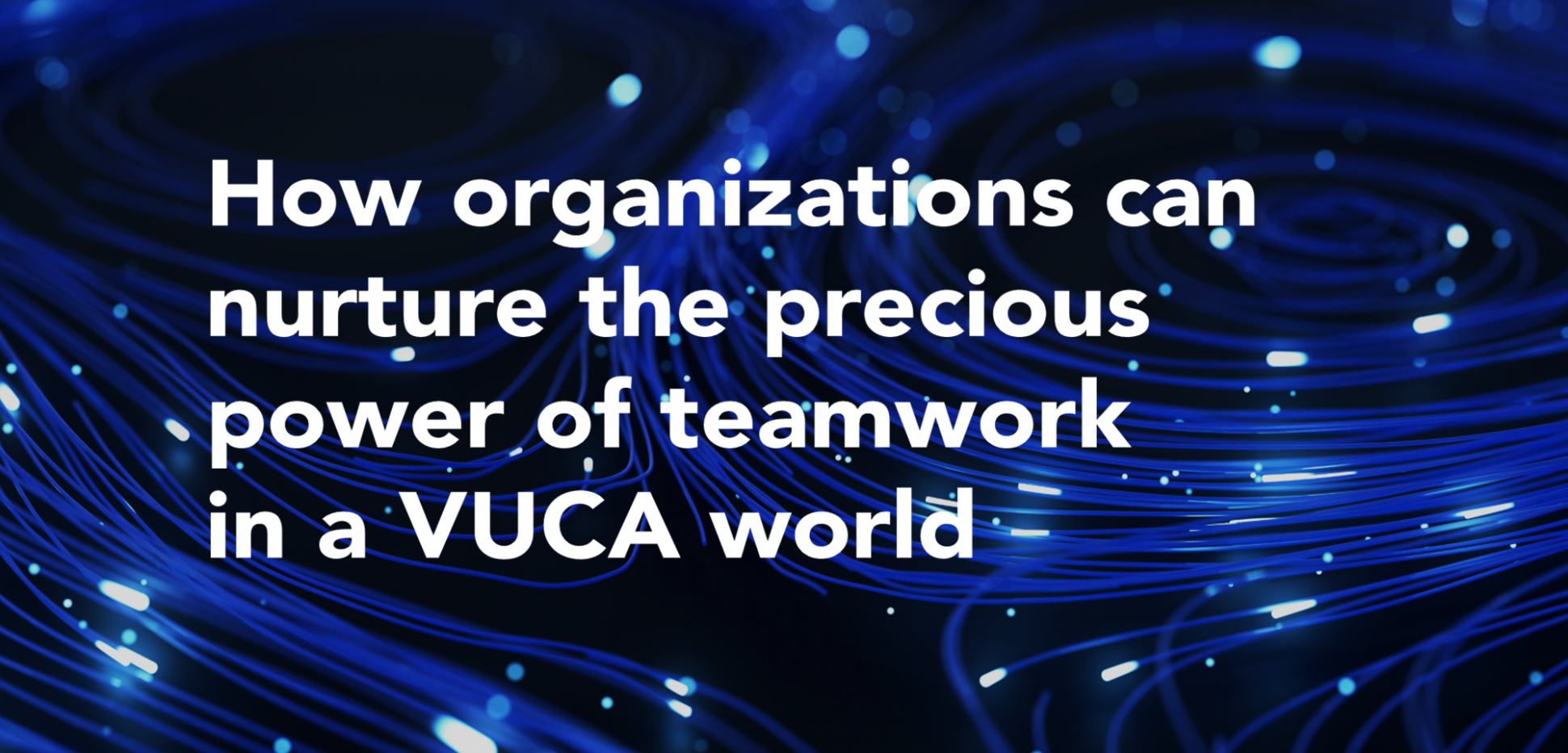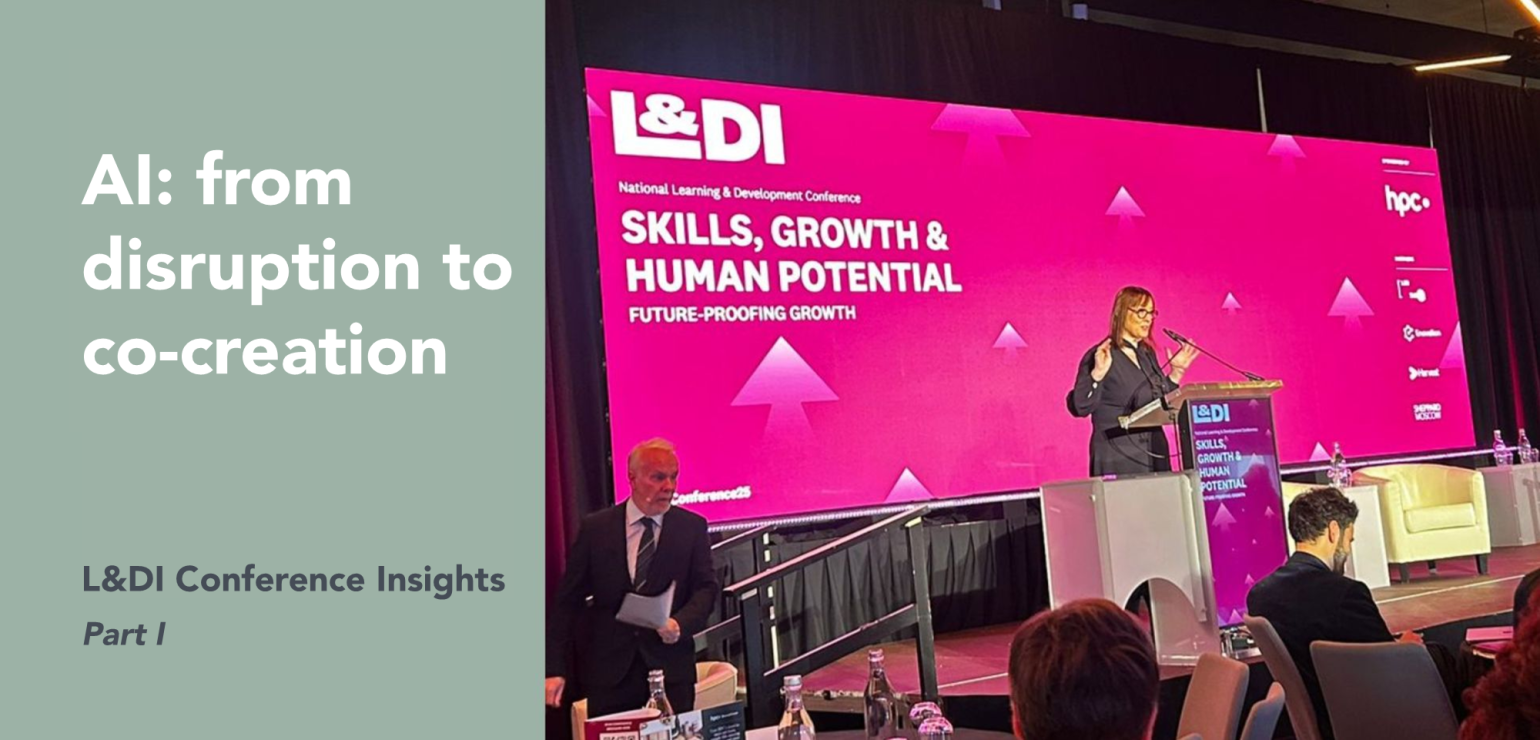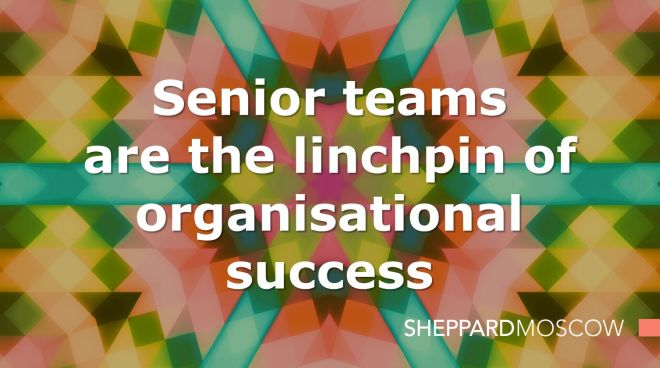Teamwork in VUCA times

A team spirit is amorphous: difficult to pin down and even harder to design.
Now that organizations have started to leave reactive crisis mode and are looking to the future once again, rekindling the spirit of our teams and rebuilding our sense of teamwork in a new hybrid context is a challenge everyone is facing. And the benefits of investing in teams and teamwork are vast, increasing employee wellbeing, performance, trust, belonging and retention.
Teams have changed. Some teams have shrunk or are reshrinking; others are spread far and wide across multiple geographics. Of course, many teams that were once based in one office are now spread across multiple locations (homes). What do organizations and people want from a team today? It’s changing – not simply as a result of changing work patterns but also generations and expectations. There are many challenges we face – from empowering leaders to unlock creativity to remote working and inclusion, from middle manager capability to the scarcity of resources in many teams.
Jennifer Rees offers a personal take on recent discussions with clients and colleagues about nurturing the precious power of teamwork in a VUCA world during our Conversation Series event ‘Teamwork on shifting sands’.
The working landscape is almost unrecognizable from 2019. We have completely integrated new technologies, new ways of working, and for a lot of organizations, there has been significant turnover in the workforce. Previously company culture has been an inherited legacy, but now we have an opportunity to dissect our culture and decide what’s important and invest in that. Rebuilding the office and team spirit in a mindful way allows us to take the best parts of pre-pandemic office life and flex them to the new demands of hybrid working. A healthy team culture not only improves employee wellbeing but also improves retention in wake of an age of upheaval.
First, let’s acknowledge the legacy of the pandemic. As we do our best to return to ‘normal’ life, it’s tempting to try and put this experience behind us and forget. However, we have been through a global trauma, and collectively we haven’t fully acknowledged that we will never be the same. In light of this, reimagining the office is more than setting up the right technology for inclusive hybrid working. It’s about adopting a compassionate attitude and approaching challenges together with humility. Such an approach is central to improved retention, especially for younger new joiners and people with short tenure who are less likely to stay.
Many organizations are reimagining the office with a focus on fun to give colleagues a reason to face the morning commute. Fun should permeate the ordinary. In these revived workplaces, it’s our duty to create opportunities for off-hand water cooler chats and space for the odd ‘moan and groan’ to develop camaraderie and a community spirit. These interactions we took for granted pre-pandemic must now be nurtured to drive engagement, wellbeing and a sense of belonging.
Encouraging emotional engagement and bringing people into the office will shift how people work. Crucially some organizations have accepted the fact that teams will be less productive in an office setting than virtually but recognize the long-term benefits of the new investment in people. Willingness to make the short-term sacrifice in service of developing employee belonging and strong human connections will ultimately lead to improved retention and employee wellbeing. There is also a perception of gender bias in hybrid working, whereby men seem keener to return to the workplace driven by networking opportunity and visibility and women have left the office in the pandemic. Equitable hybrid working overseen with an empathetic eye is crucial to mitigate the risk of gender bias.
Senior leadership is an integral part of this conversation as they are the figureheads of the movement. They must be visible, seen to live the office spirit, otherwise the spirit becomes fragmented and localized to teams. The behaviors of senior leaders have also seen a subtle shift. During the pandemic, operations required a new level of trust from leadership in their teams. The focus has shifted to outcomes and bigger strategic thinking; from what people are doing to “how are we going to come together to deliver?”.
In this rebuilding phase, we need to dedicate extra energy to the precious power of teamwork. It can be difficult facing challenges in areas which we previously took for granted, but the effort will pay off. A part of this energy must go towards resisting the comfortable old ways including presenteeism; we are living in a new working age and the old ways simply aren’t suited to it. The pandemic also gave us a unique opportunity to give employees a heightened voice in an increasingly empathetic arena. It’s time to listen to what our people have to say and get real time feedback as we rebuild so we can course correct in these unchartered waters.
Watch out for our report on 'Teamwork on shifting sands' coming out soon...

 Jennifer Rees
Jennifer Rees 
 Aoife Keane
Aoife Keane 
